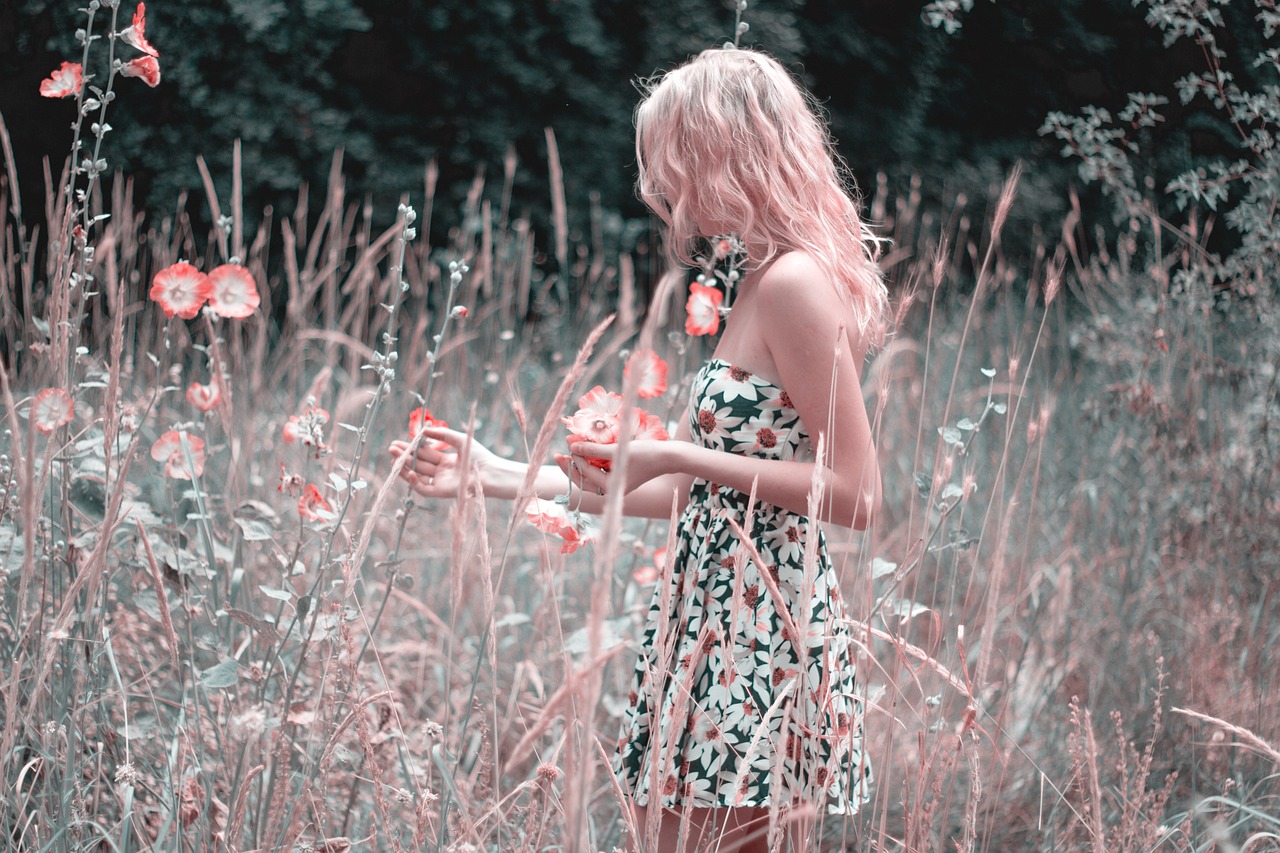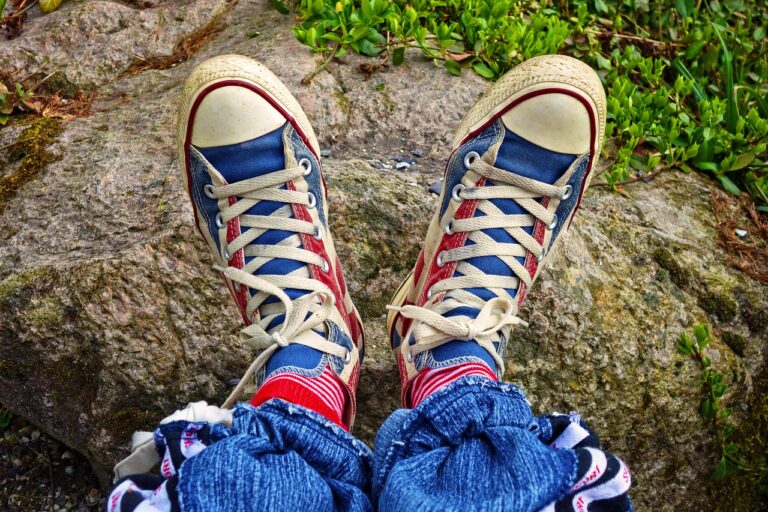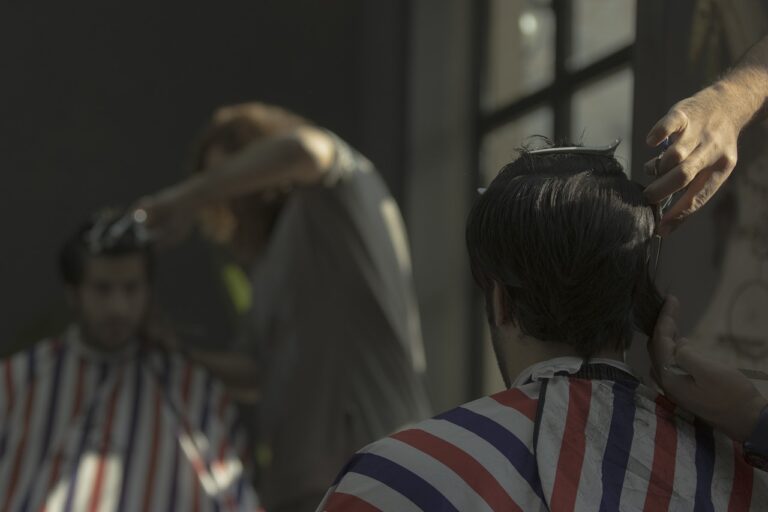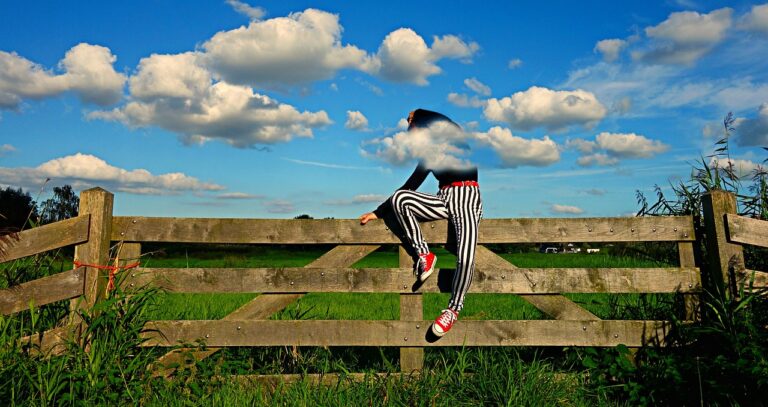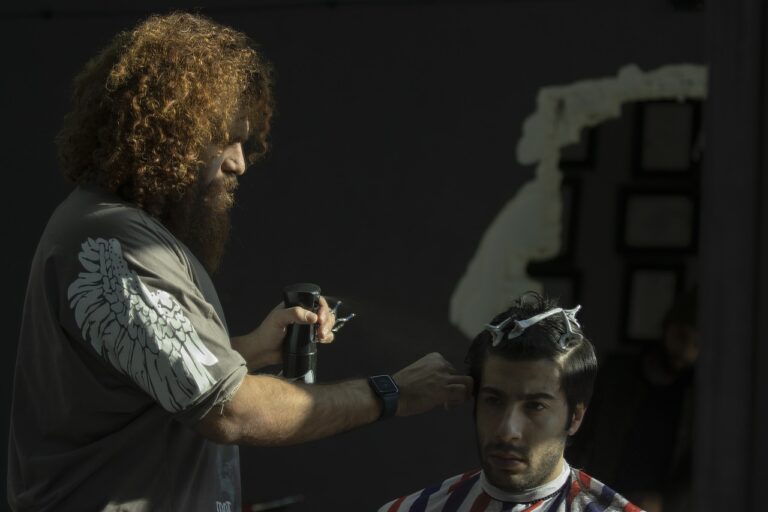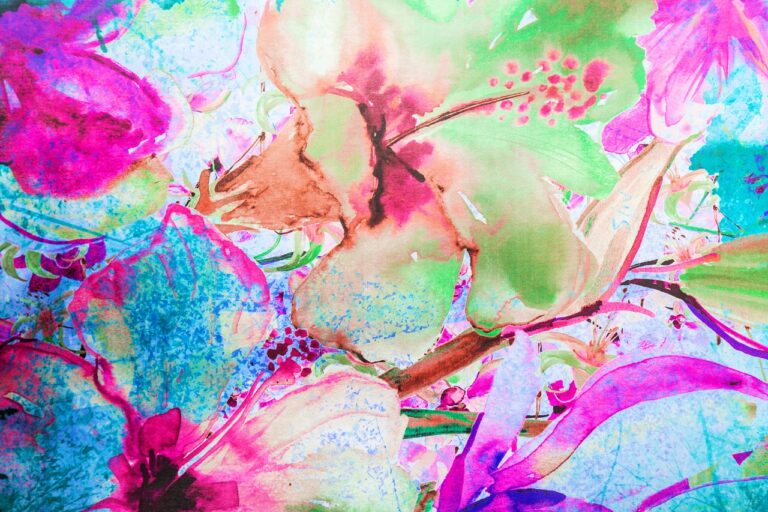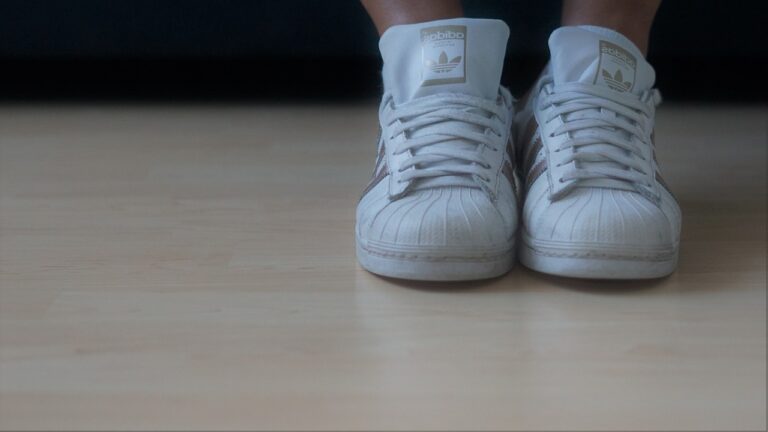Fashion and Mental Health Advocacy: Brands Promoting Positive Body Image and Self-Expression
In recent years, many fashion brands have shifted their focus towards promoting self-love and acceptance through their clothing lines. By featuring diverse models of all shapes, sizes, and backgrounds, these brands are sending a powerful message of inclusivity and representation. This intentional choice to showcase real people with unique characteristics has resonated with consumers who are seeking authenticity and relatability in the fashion industry.
Moreover, these brands are also incorporating empowering messages and themes into their collections, encouraging individuals to embrace their individuality and celebrate their own beauty. Through bold slogans, uplifting designs, and body-positive imagery, these fashion labels are not only selling clothes but also promoting a message of self-acceptance and confidence. This shift towards a more affirming and supportive approach in fashion has the potential to create a more inclusive and empowering environment for all individuals to feel comfortable and confident in their own skin.
The Impact of Clothing on Mental Well-being
Clothing choices can have a significant impact on an individual’s mental well-being. The clothes we wear can influence our mood, confidence levels, and overall self-perception. When we wear clothing that we feel comfortable and confident in, it can boost our self-esteem and positively affect our mental state. On the other hand, wearing clothing that makes us feel self-conscious or uncomfortable can lead to feelings of insecurity and lower our confidence levels.
Moreover, the colors, textures, and styles of clothing can also play a role in how we feel. Bright and vibrant colors can lift our spirits and make us feel more energized, while soft and cozy fabrics can offer comfort and a sense of security. By choosing clothing that aligns with our personal style and makes us feel good, we can contribute to our overall mental well-being and foster a positive relationship with ourselves.
Promoting Diverse Beauty Standards in Fashion Industry
The fashion industry has long been criticized for promoting one narrow standard of beauty, but there is a shift happening towards a more inclusive representation of diverse beauty. Brands are starting to embrace models of different ethnicities, body types, and abilities, showcasing a more realistic and varied array of beauty. This trend not only celebrates individuality but also resonates with consumers who seek authenticity and relatability in the brands they support.
By featuring diverse models in their campaigns and runway shows, fashion brands are sending a powerful message that beauty comes in all shapes, sizes, and colors. This not only has a positive impact on the self-esteem of individuals who may have felt marginalized in the past but also helps to challenge and redefine societal beauty norms. Promoting diverse beauty standards in the fashion industry is not just a trend, but a revolutionary movement towards a more inclusive and representative portrayal of beauty in the media.
How can fashion brands encourage self-love and acceptance through their designs?
Fashion brands can promote diversity in their marketing campaigns, feature models of various sizes, shapes, and colors, and create clothing lines that cater to a wide range of body types.
What is the impact of clothing on mental well-being?
Clothing can play a significant role in boosting one’s self-confidence and self-esteem. Wearing clothes that make you feel good about yourself can have a positive impact on your mental well-being.
How can the fashion industry promote diverse beauty standards?
The fashion industry can promote diverse beauty standards by showcasing a variety of models in their campaigns, expanding their size ranges, and celebrating different cultural influences in their designs.
Why is it important to promote diverse beauty standards in the fashion industry?
Promoting diverse beauty standards in the fashion industry is important because it helps to break down harmful stereotypes and unrealistic beauty ideals. It allows individuals to see themselves represented and accepted in the fashion world.

